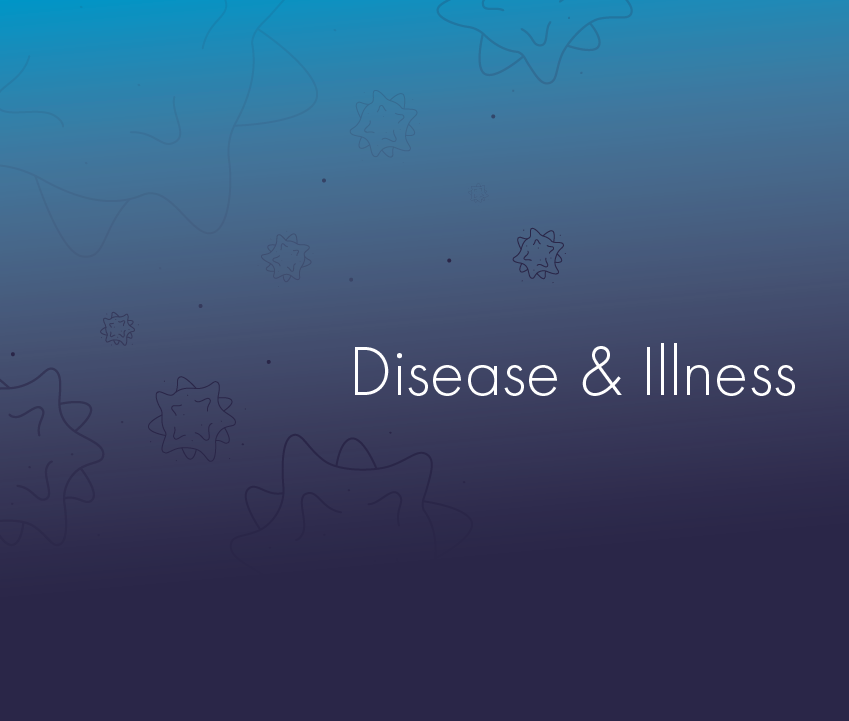Algoma Public Health
Rotavirus
What Is Rotavirus?
Rotavirus is a common virus that causes a mild to severe diarrhea in humans. Infants and young children in childcare centres and children’s hospitals are most often infected. The virus is also a common cause of diarrhea in the elderly living in long-term care facilities and homes for older adults. Sometimes, the virus can cause traveller’s diarrhea in healthy adults.
Contact Us!
Sault Ste. Marie: 1-866-892-0172
Blind River: 1-888-356-2551
Elliot Lake: 1-888-211-6749
Wawa: 1-888-211-8074
Symptoms & Duration: Symptoms include vomiting, watery diarrhea, and fever, which usually last 4 to 6 days. The virus can be spread to others before and after symptoms appear. The illness passes after a few days.
Incubation Period: Symptoms appear about two days after being infected.
Recovery, Long Term Effects & Immunity: Severe diarrhea in children can lead to dehydration. Dehydration signs include:
- Thirst
- Restlessness
- Dry mouth and tongue
- Dry skin
- Irritability
- Urinating less frequently
- Fatigue or laziness
- Dry diaper for several hours. Drinking enough water or other fluids is very important to avoid dehydration. Susceptibility is greatest between 6 and 24 months of age. Usually by three years of age most people have immunity to this virus.
How Is Rotavirus Spread?
This virus is spread in feces. An infected person can transfer the virus to people, surfaces, or objects by touching them if they did not wash their hands very well after they used the washroom. If another person touches the same surface or the infected person’s hand and then touches their mouth, the virus could enter their body and they would be infected.
Rotavirus can also be found in a person’s throat and lungs; and could spread through a cough or a sneeze. The virus can be spread to others before and after symptoms appear.
How Do You Prevent Rotavirus Infection?
- Thorough hand washing is the best prevention. Wash your hands thoroughly after using the washroom, changing diapers, and before and after preparing or serving food.
- Wash your hands when entering and leaving a healthcare facility or daycare setting.
- Use a chlorine (bleach) based disinfectant on washroom surfaces and diaper change areas after each use. Many common (non-chlorine) disinfectants do not kill rotavirus.
- People ill with rotavirus-like symptoms should not handle food or care for others until they are symptom free for 24 hours.
- Rotavirus vaccine is available and recommended for infants up to 24 weeks of age.
Date of Creation: June 1, 2015
Last Modified: June 1, 2015










